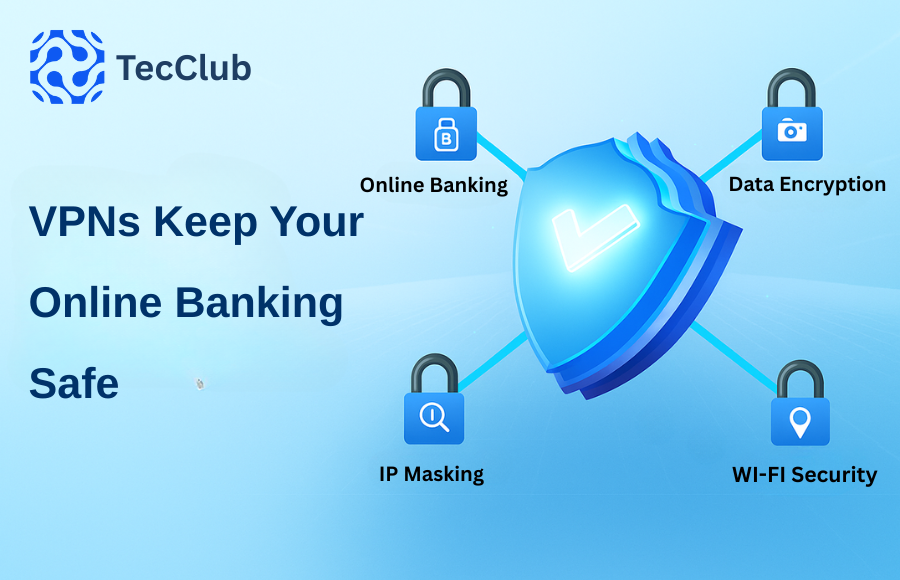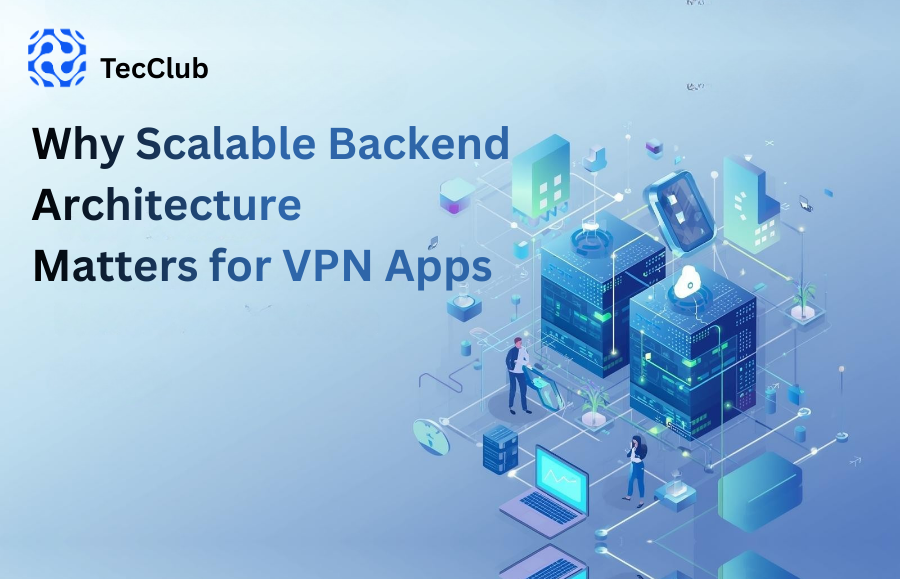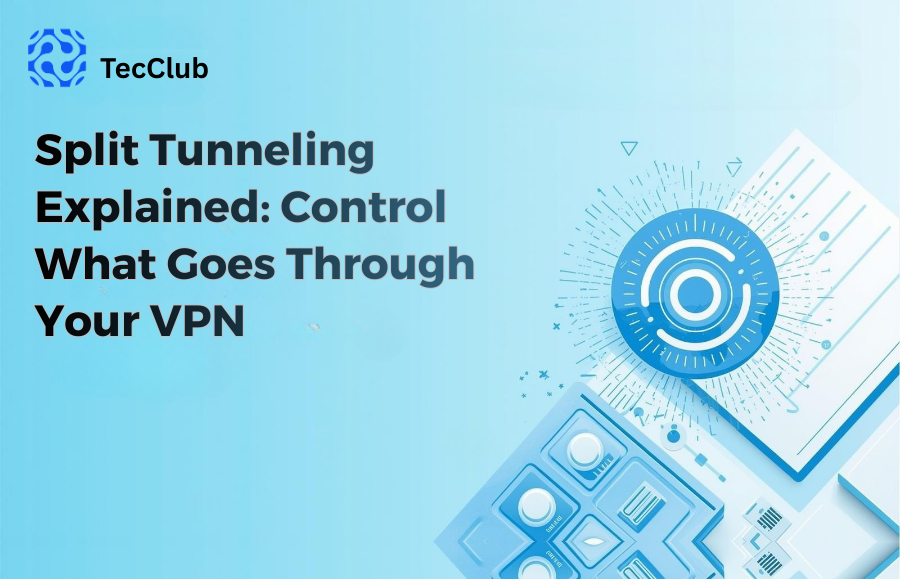
Online banking has become a part of our everyday life. From paying bills to transferring money, most of us manage our finances through mobile apps or websites. But with convenience comes risk—cybercriminals are constantly targeting online banking users through phishing, man-in-the-middle attacks, and public Wi-Fi hacks.
This is where a VPN (Virtual Private Network) becomes your first line of defense. Let’s dive into how VPNs protect your sensitive financial information and why they are essential for safe digital banking.
When you log into your bank without protection, your data travels directly over the internet. This exposes you to threats like:
Hackers on Public Wi-Fi: Free Wi-Fi in cafés, airports, or hotels is often unsecured. Cybercriminals can intercept your login details and transactions.
Man-in-the-Middle Attacks: Hackers can insert themselves between you and your bank’s server, stealing or altering sensitive information.
ISP Tracking: Your internet provider can see which websites you visit, including your bank.
Phishing & Malware: Clicking a wrong link could redirect you to fake banking websites that steal your credentials.
Without a VPN, your financial activities are vulnerable to interception.
Bank-Grade Encryption 🔒
A VPN uses AES-256 encryption to scramble your data, making it unreadable to hackers—even if they intercept it.
IP Masking 🌍
By hiding your real IP address, VPNs prevent attackers from tracing your location or targeting your connection.
Secure Public Wi-Fi Banking ☕
Whether you’re in an airport or a coffee shop, VPNs create a secure tunnel, shielding your banking sessions from prying eyes.
Protection Against Phishing Sites 🛡️
Many premium VPNs come with built-in threat detection that blocks malicious websites and phishing attempts.
Safe Cross-Border Banking ✈️
If you’re traveling, some banks may block or flag foreign IP addresses. With a VPN, you can connect from your home country to avoid unnecessary account freezes.
✅ Prevent hackers from stealing your login details.
✅ Avoid identity theft and financial fraud.
✅ Ensure secure banking while traveling.
✅ Add an extra layer of protection beyond your bank’s security.
Even though banks use HTTPS and encryption, adding a VPN doubles your safety by ensuring your connection itself is secure.
| VPN Type | Monthly Cost | Best For |
|---|---|---|
| Personal VPNs | $5 – $12 | Individuals managing personal banking securely |
| Family VPN Plans | $12 – $20 | Protecting multiple devices & family members |
| Business VPNs | $7 – $15 per user | Secure banking & transactions for companies |
| Enterprise VPNs | $500+ | Advanced security for large organizations |
➡️ At TecClub Technology, we also provide custom VPN app development tailored for businesses needing enhanced financial data protection.
Online banking without a VPN is like leaving your wallet on a café table—someone will eventually take advantage. A VPN encrypts your data, hides your IP, and secures your connection, making it nearly impossible for hackers to steal your financial information.
At TecClub Technology, we recommend using a VPN every time you log into your bank account—especially on public Wi-Fi. Because when it comes to your money, security should never be optional.

